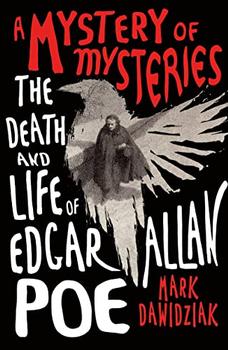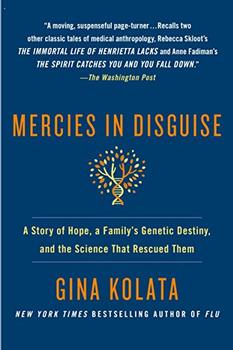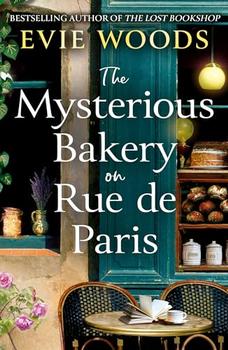Summary | Excerpt | Reviews | Beyond the book | Read-Alikes | Genres & Themes | Author Bio

Robert Koch, Arthur Conan Doyle, and the Quest to Cure Tuberculosis
by Thomas GoetzThe riveting history of tuberculosis, the world's most lethal disease, the two men whose lives it tragically intertwined, and the birth of medical science.
In 1875, tuberculosis was the deadliest disease in the world, accountable for a third of all deaths. A diagnosis of TB, often called consumption, was a death sentence. Then, in a triumph of medical science, a German doctor named Robert Koch deployed an unprecedented scientific rigor to discover the bacteria that caused TB. Koch soon embarked on a remedy - a remedy that would be his undoing.
When Koch announced his cure for consumption, Arthur Conan Doyle, then a small-town doctor in England and sometime writer, went to Berlin to cover the event. Touring the ward of reportedly cured patients, he was horrified. Koch's "remedy" was either sloppy science or outright fraud.
But to a world desperate for relief, Koch's remedy wasn't so easily dismissed. As Europe's consumptives descended upon Berlin, Koch urgently tried to prove his case. Conan Doyle, meanwhile, returned to England determined to abandon medicine in favor of writing. In particular, he turned to a character inspired by the very scientific methods that Koch had formulated: Sherlock Holmes.
Capturing the moment when mystery and magic began to yield to science, The Remedy chronicles the stunning story of how the germ theory of disease became a true fact, how two men of ambition were emboldened to reach for something more, and how scientific discoveries evolve into social truths.
The Remedy is well-paced: it reads like mystery or true crime, not like a history book. The link between Koch and Doyle can occasionally feel somewhat tenuous; the author surely makes more metaphorical use of it than their actual historical intersection can support. If his window on the past feels slightly narrow, however, he still makes good on his dual purpose of tracing both the history of TB and the development of the scientific method through medicine and fiction...continued
Full Review
(941 words)
This review is available to non-members for a limited time. For full access,
become a member today.
(Reviewed by Rebecca Foster).
Did you know?

This "beyond the book" feature is available to non-members for a limited time. Join today for full access.

If you liked The Remedy, try these:

by Mark Dawidziak
Published 2024
A Mystery of Mysteries is a brilliant biography of Edgar Allan Poe that examines the renowned author's life through the prism of his mysterious death and its many possible causes.

by Gina Kolata
Published 2018
The phone rings. The doctor from California is on the line. "Are you ready Amanda?" The two people Amanda Baxley loves the most had begged her not to be tested--at least, not now. But she had to find out.



Idealism increases in direct proportion to one's distance from the problem.
Click Here to find out who said this, as well as discovering other famous literary quotes!